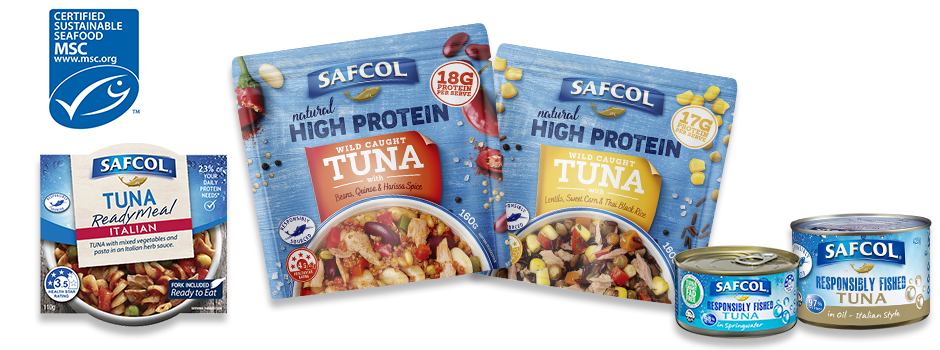Omega-3 Fat Increases Effectiveness of Anti-Depressants
Posted on : September 15, 2022
by Ashleigh Feltham Accredited Practising Dietitian and Accredited Nutritionist
You are not alone if you suffer from depression. Omega-3 Fat Increases Effectiveness of Anti-Depressants. This form of mental illness affects approximately one million Australians. Major Depressive Disorder also known as clinical depression severely impacts the ability to function and interferes with everyday life. It is classified as a depressed mood throughout most of the day, occurring every day for at least two weeks. 
When it comes to supporting your ability to cope with this mental disorder, there are several strategies that work best in combination. This includes medication, diet and psychological support. A recent study brings light to the impact of polyunsaturated fat in influencing the effectiveness of anti-depressant drugs.
Omega-3 fats are polyunsaturated, essential fats, which you need to absorb from your diet. The type of omega-3 found in seafood is made up of eicosapentaenoic (EPA) and docosahexaenoic acid (DHA). DHA is a long-chain fatty acid that your brain needs most for optimal function and health, such as ensuring messages are sent normally throughout your brain.
Lack of omega 3 is linked to a reduced ability for your brain to make the needed energy required to function. In addition to this, low omega-3 levels are also linked to changes in response to vision functions, reduced capacity to deal with stress, changes in the ability to learn, and changes in behaviour.
A new study provides insight into the potential power of optimal levels of omega 3-fats and the omega-6 to omega-3 fat ratio in increasing responsiveness to anti-depressant drugs. Researchers recruited 60 adults who had been diagnosed with Major Depressive Disorder. Evaluations of the mental status was taken before anti-depressant medications were given, then at four weeks and finally at eight weeks of treatment.
The anti-depressant medications given to the adults recruited in the study were escitalopram (45 participants), sertraline (13) and venlafaxine (2).
The polyunsaturated levels of each adult were measured at baseline and included the omega-3 index. This index is the amount of omega 3 as a percentage of the total fats present in red blood cells. Lower omega-3 levels, specifically EPA and DHA, were associated with worse symptoms prior to taking anti-depressant medication. In addition, there was a higher omega-6 to omega-3 fat ratio in adults with more severe Major Depressive Disorder symptoms. Omega 3 Fat Increases Effectiveness of Anti-Depressants.
After eight weeks of taking anti-depressive medication, those adults with higher initial levels of DHA, a higher omega-3 fat index and a lower omega-6 to omega-3 fat ratio showed greater responsiveness to anti-depressant medications.
Take home message
Omega-3 Fat Increases Effectiveness of Anti-Depressants. This exciting new research provides a strategy to improve the response to anti-depressant medication through a better omega-3 fat index and omega-6 to omega-3 fat ratio present in the blood. The best source of omega-3 is seafood, especially salmon, sardines, mackerel and oysters followed by flaxseeds, chia seeds and walnuts.
References:
- Cussotto S, Delgado I, Oriolo G, Kemper J, Begarie D, Dexpert S, Sauvant J, Leboyer M, Aouizerate B, Martin-Santos R, Schaefer M, Capuron L. Low omega-3 polyunsaturated fatty acids predict reduced response to standard antidepressants in patients with major depressive disorder. Depress Anxiety. 2022 Mar 31. doi: 10.1002/da.23257. Epub ahead of print. PMID: 35357051.
- Sinclair AJ. Docosahexaenoic acid and the brain- what is its role? Asia Pac J Clin Nutr. 2019;28(4):675-688. doi: 10.6133/apjcn.201912_28(4).0002. PMID: 31826363.
- Harris WS, Von Schacky C. The Omega-3 Index: a new risk factor for death from coronary heart disease? Prev Med 2004;39:212-20. [PubMed abstract]
- Harris WS. The omega-3 index as a risk factor for coronary heart disease. Am J Clin Nutr 2008;87:1997S-2002




